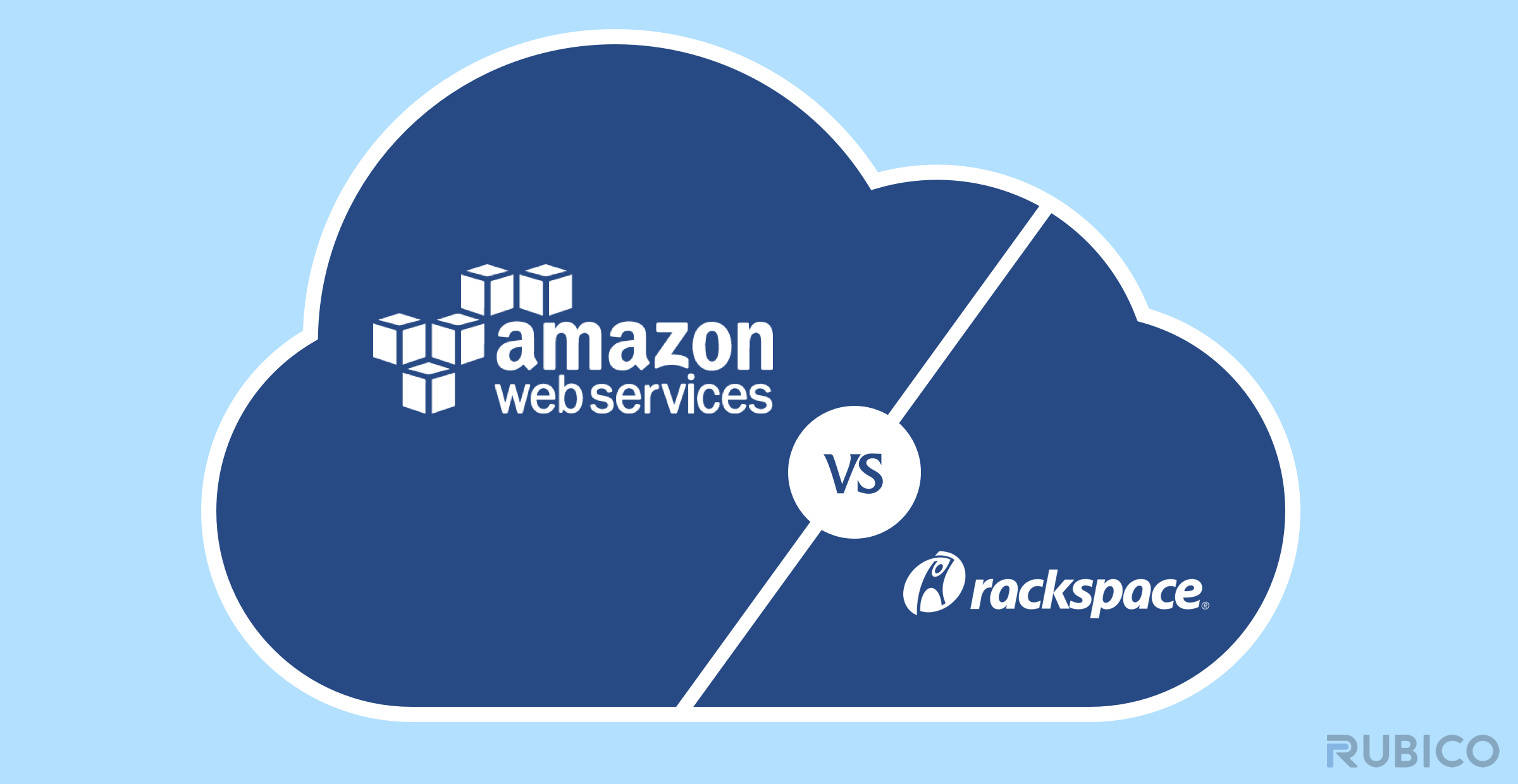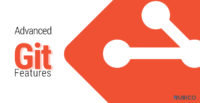Aws and Rackspace Comparison

Which offers the best cloud service?
What is the best hosting server for hosting a web application? Every hosting provider out there has its pros and cons. As a result, the decision is a tough one.
At Rubico, we have worked with AWS and Rackspace and can provide you with details about the pros and cons of both cloud-hosting platforms. Furthermore, this blog will show you the difference between some of the core features and services of AWS and Rackspace.
Performance and Reliability
-
AWS
With AWS, it’s easy to set up a server with the AMI (Amazon Machine Image). The configuration of the server can be defined based on the technology. AWS supports the serverless architecture using AWS Lambda. The servers can scale automatically based on the load of the servers and AWS has a large number of data centers across the world. AWS comes with a very user-friendly dashboard and has more services than Rackspace. It helps us a lot while managing hostings and site performance.
-
Rackspace
Rackspace, on the other hand, does not have as many data centers around the world. It’s a bit tough to manage the servers using its dashboard. Also, the servers cannot be defined based on the application technology, like AWS is able to do.
Hosting Server Rating
AWS ★★★★★
Rackspace ★★★☆☆
Security and Monitoring
-
AWS
AWS comes with an integrated feature called IAM (Identity and Access Management). IAM allows us to manage security and access control within the instances. For example, we can define the specific roles based on the users and restrict their access as needed. In addition to this, AWS comes with security group management. Security groups help with whitelisting IP’s and ports to the servers to keep these secure. In fact, AWS has its Cloudwatch monitoring service, which is one of the best infrastructure monitoring services. Based on service levels, AWS is on the higher end than Rackspace.
-
Rackspace
On the other hand, Rackspace provides RBAC Role-Based Access Control. It is a nice way to restrict who has access to Rackspace servers and infrastructure. Rackspace has the Rackspace Cloud Monitoring, which is a bit complicated.
Hosting Server Rating
AWS ★★★★☆
Rackspace ★★☆☆☆
Support
-
AWS
In AWS, there are different levels of support options. You can pay $100 to get business support from AWS. Basically, this includes chat support with the server team and they respond quickly to any queries. I like how AWS support is less expensive but still helps with any issues/queries.
-
Rackspace
Similarly, Rackspace provides managed support as an add-on service and it is awesome! Although they are available 24/7 and help us with any specific question, it costs $500 per month.
Hosting Server Rating
AWS ★★★★☆
Rackspace ★★★★☆
Cloud files (CDN) (Amazon s3 vs Rackspace cloud files)
-
AWS
AWS has a well-known product called S3. At this point, Amazon S3 is a very reliable and scalable cloud file-based service. It is inexpensive and allows us to add more and more space if needed. S3 is very simple and easy to set up. It also allows us to create logics to set file permissions and use Rest API for development purpose. The security is one of the biggest plus factors with S3.
-
Rackspace
Rackspace has a cloud files system called Rackspace Cloud Files. The most important part of this system is that it has an Akamai CDN service available. In the first place, it’s inexpensive and able to be paid on an as-used basis. What’s more, it comes with simple file upload, simple scaling, various media types file support. In addition, it also provides easy deployment and has a simple learning curve. AWS S3 is our choice since it is ideal for development.
Hosting Server Rating
AWS ★★★★★
Rackspace ★★★★☆
Other Features
-
AWS
AWS has native support for DevOps technology like Cloudformation tool for infrastructure automation, CodeDeploy for application deployment and AWS code pipeline for continuous integration and delivery. Moreover, AWS provides managed services called Elastic Container Service (ECS) and managed Elastic Kubernetes Service (EKS) to build the microservice application.
-
Rackspace
In the same way, Rackspace has many of the support tools and technologies that AWS has, but does it with some third-party integration, not natively.
Hosting Server Rating
AWS ★★★★★
Rackspace ★★★☆☆
Conclusion
In conclusion, we at Rubico prefer AWS over Rackspace for web applications hosting. AWS provides a number of tools to manage different scenarios and provides a great level of hosting support. Without a doubt, Rackspace has its good qualities – a valuable security system, even if they don’t have the broad reach around the world like AWS. In addition, they have quality support, but their price is higher than many can afford. That is why we think AWS is the best hosting server.
Need a trusted team to host your website? Learn more about our development process or email us at solutions@RubicoTech.com.
Best Hosting Server Rating
AWS ★★★★★
Rackspace ★★★☆☆









